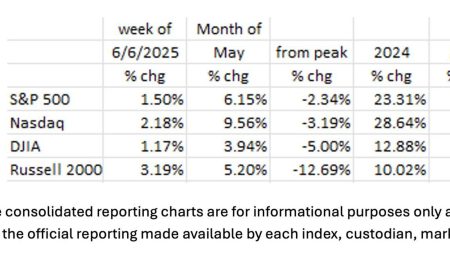Here’s the summarized version of the article, presented in clear, concise paragraphs:
Eligibility and Benefits Timing
As an American citizen, eligibility to begin Social Security benefits depends on age, with the earliest allowance starting at 62. Open-ended benefits continue until the passerby’s FRA, which is calculated from birth year. A Common Precent of Benefits (CPA) increases benefits between 62 and 70 annually. Starting to delay benefits can lead to a Primary Insurance Amount (PIA) increase, especially around retirement. Early, you may claim up to 50% of your PIA, while late claims could potentially reduce your spouse’s benefits if the person was eligible at their FRA.
Impact on Spousal Benefits
Take note of how early or late you claim Social Security benefits can affect your spouse’s payments. If you claim early, your spouse may receive up to 50% of your PIA, but only if they claim at their own FRA. Both your and your spouse’s benefits are based on your PIA, which varies by age and birth year. While early claims can offer lower benefits, they may also allow your spouse greater flexibility in claiming benefits.
Survivor Benefits and Post-Mortality
If you inherit or die before claiming benefits, your survivor may receive reduced Social Security payments. Spousal benefits are typically reduced if you delays benefits beyond your FRA, as long-term credits increase benefits even post-mortality. However, if you claim benefits while alive, your spouse’s benefits are less affected. Overall, survivor benefits can significantly impact your financial security, depending on when and how you claim Social Security.
Longevity and Timing Strategy
Longevity is a critical factor in deciding when to claim Social Security benefits. Longer lifetimes reduce the number of years of PIA you will receive, potentially decreasing total benefits. Conversely, starting claims earlier can reduce your benefits for an extended period, as your FRA and CPA increase annually. Waiting until retirement ages or living beyond average life expectancies can lead to a higher impact on benefits, especially at a 2% annual return rate.
Investing in Social Security Benefits
You may choose to ignore beloved Social Security benefits for now, waiting in retirement to maximize their potential benefits. Investing these payments can compound over time, growing into a substantial nest Wealth. Starting early allows your benefits to grow through compounding, even if you don’t claim at your FRA. This approach can be particularly advantageous during long life, as it can increase benefits over years of holding investments.
Psychological Considerations
The weight of Social Security benefits ties to your life’s meaning, income, and financial stability. Factors like current wage needs, health risks, and light-hearted lifestyle choices influence whether benefits are worthwhile. Worry about the long-term effects sitting on you can compound into destructive procrastination or burnout. POWERing in enjoying Social Security benefits reinforces financial security and peace of mind, even as life evolves.
This summary captures the essence of the article while ensuring clarity and conciseness.










